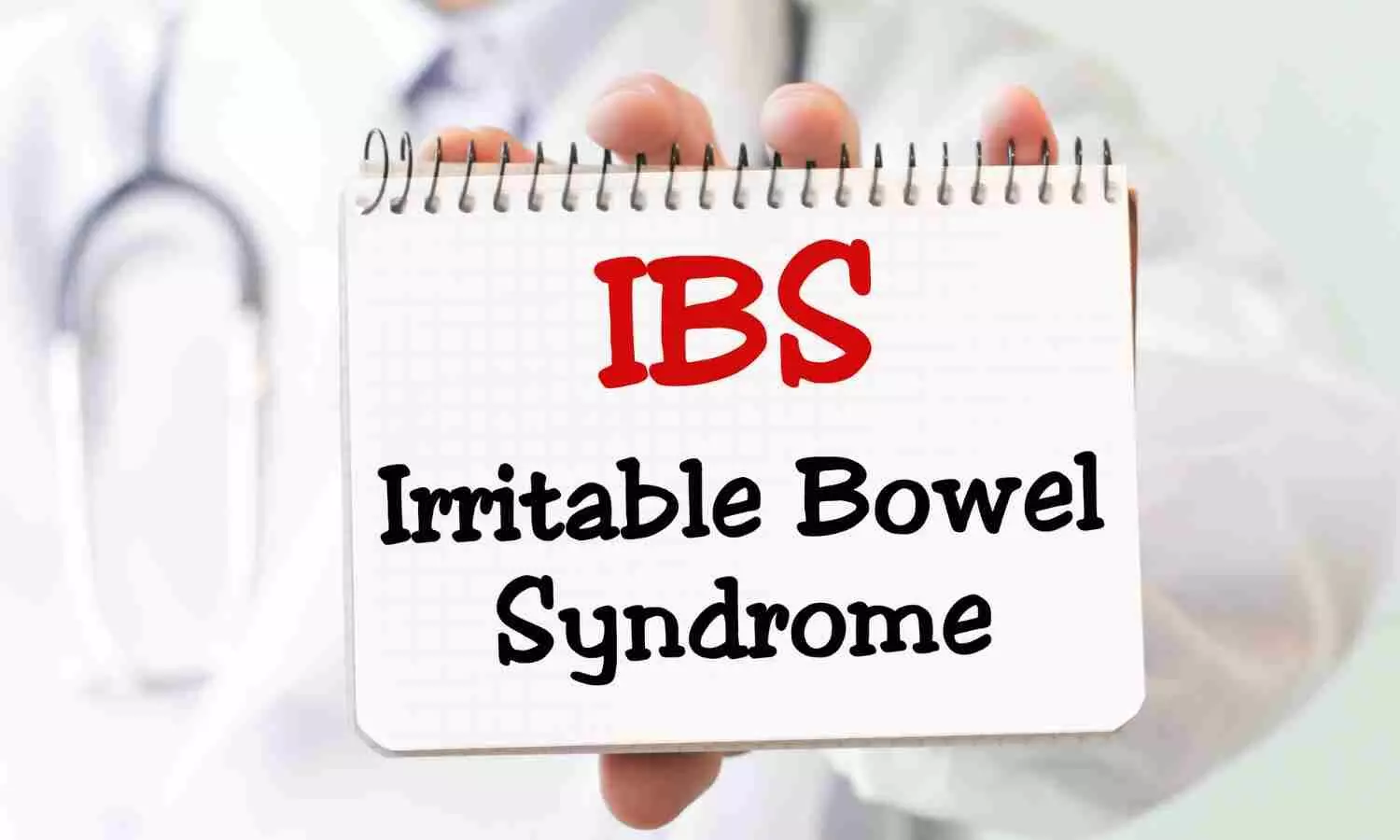- Home
- Medical news & Guidelines
- Anesthesiology
- Cardiology and CTVS
- Critical Care
- Dentistry
- Dermatology
- Diabetes and Endocrinology
- ENT
- Gastroenterology
- Medicine
- Nephrology
- Neurology
- Obstretics-Gynaecology
- Oncology
- Ophthalmology
- Orthopaedics
- Pediatrics-Neonatology
- Psychiatry
- Pulmonology
- Radiology
- Surgery
- Urology
- Laboratory Medicine
- Diet
- Nursing
- Paramedical
- Physiotherapy
- Health news
- Fact Check
- Bone Health Fact Check
- Brain Health Fact Check
- Cancer Related Fact Check
- Child Care Fact Check
- Dental and oral health fact check
- Diabetes and metabolic health fact check
- Diet and Nutrition Fact Check
- Eye and ENT Care Fact Check
- Fitness fact check
- Gut health fact check
- Heart health fact check
- Kidney health fact check
- Medical education fact check
- Men's health fact check
- Respiratory fact check
- Skin and hair care fact check
- Vaccine and Immunization fact check
- Women's health fact check
- AYUSH
- State News
- Andaman and Nicobar Islands
- Andhra Pradesh
- Arunachal Pradesh
- Assam
- Bihar
- Chandigarh
- Chattisgarh
- Dadra and Nagar Haveli
- Daman and Diu
- Delhi
- Goa
- Gujarat
- Haryana
- Himachal Pradesh
- Jammu & Kashmir
- Jharkhand
- Karnataka
- Kerala
- Ladakh
- Lakshadweep
- Madhya Pradesh
- Maharashtra
- Manipur
- Meghalaya
- Mizoram
- Nagaland
- Odisha
- Puducherry
- Punjab
- Rajasthan
- Sikkim
- Tamil Nadu
- Telangana
- Tripura
- Uttar Pradesh
- Uttrakhand
- West Bengal
- Medical Education
- Industry
Long-acting Mesalamine may effectively reduce symptoms in Postinfectious Irritable Bowel Syndrome: Study

A new study revealed that Mesalamine, an anti-inflammatory drug, can effectively treat postinfectious irritable bowel syndrome (PI-IBS) symptoms and improve the quality of life. The study results were published in the journal Neurogastroenterology & Motility.
Irritable bowel syndrome (IBS) is a common gastrointestinal disorder characterized by abdominal pain and alteration in bowel frequency or consistency in the absence of a gross structural or biochemical abnormality. Postinfectious irritable bowel syndrome ((PI-IBS) is a condition associated with low-grade intestinal inflammation. It develops in a subset of patients after gastroenteritis. Previous studies showed that long-acting Mesalamine can be used to treat IBS. Hence, researchers conducted a study to investigate the efficacy of long-acting Mesalamine in individuals with PI-IBS particularly those with diarrhea-predominant IBS (IBS-D) following gastroenteritis, as PI-IBS is linked to low-grade intestinal inflammation.
A Randomized double-blind placebo-controlled study was carried out on a total of 61 patients who developed IBS-D after gastroenteritis. Individuals were randomly assigned to receive either 2.4 g of long-acting mesalamine or a placebo daily for 8 weeks. The study assessed symptoms including abdominal pain, bloating, stool frequency, stool consistency, severity of diarrhea and constipation, satisfaction with bowel habits, and how much IBS affected or interfered with life. Quality of life (QOL) was measured using the IBS-QOL questionnaire. The primary outcome was the overall bowel symptom score (BSS) after 8 weeks of treatment. Effect sizes were quantified using standardized mean differences (Cohen's d).
Findings:
- Of the 61 participants, 54 completed the 8-week study with 28 in the mesalamine group and 26 in the placebo group.
- The majority of participants (91%) were male, with an age range of 23–71 years (mean ± SD: 43 ± 13 years).
- Mesalamine showed greater efficacy than placebo in reducing overall BSS, with a medium effect size (Cohen's d = 0.57, p = 0.042).
- A significant improvement in the secondary outcomes was noticed on how IBS affects daily life (d = 0.72, p = 0.01).
- For the individual IBS symptoms, all seven symptoms assessed showed trends favoring mesalamine, and eight of nine IBS-QOL subscales also showed trends indicating mesalamine's superiority.
In patients with PI-IBS, long-acting mesalamine was effective in reducing IBS symptoms and improving quality of life suggesting that mesalamine could be a promising treatment option for managing PI-IBS.
Take-home Points:
- This placebo-controlled randomized trial assessed the efficacy of 2.4 g of long-acting mesalamine for the treatment of postinfectious diarrhea-predominant IBS.
- Among 54 patients who underwent 8-week treatment, mesalamine resulted in greater improvements on the Bowel Symptoms Score (change, −13 vs −4; P = .042); however, the difference between mesalamine and placebo was no longer significant when the constipation subscore was removed.
- Apart from the Bowel Symptoms Score, mesalamine largely failed to demonstrate superiority to placebo for other measures of symptom severity and QoL measures.
- Mesalamine may have some role in improving overall symptom severity in postinfectious IBS; however, additional larger studies are needed.
Further reading: Tuteja, Ashok K et al. “Randomized double-blind placebo-controlled study to evaluate the effect of long-acting mesalamine on postinfectious irritable bowel syndrome with diarrhea.” Neurogastroenterology and motility, e14889. 5 Aug. 2024, doi:10.1111/nmo.14889
BDS, MDS
Dr.Niharika Harsha B (BDS,MDS) completed her BDS from Govt Dental College, Hyderabad and MDS from Dr.NTR University of health sciences(Now Kaloji Rao University). She has 4 years of private dental practice and worked for 2 years as Consultant Oral Radiologist at a Dental Imaging Centre in Hyderabad. She worked as Research Assistant and scientific writer in the development of Oral Anti cancer screening device with her seniors. She has a deep intriguing wish in writing highly engaging, captivating and informative medical content for a wider audience. She can be contacted at editorial@medicaldialogues.in.




